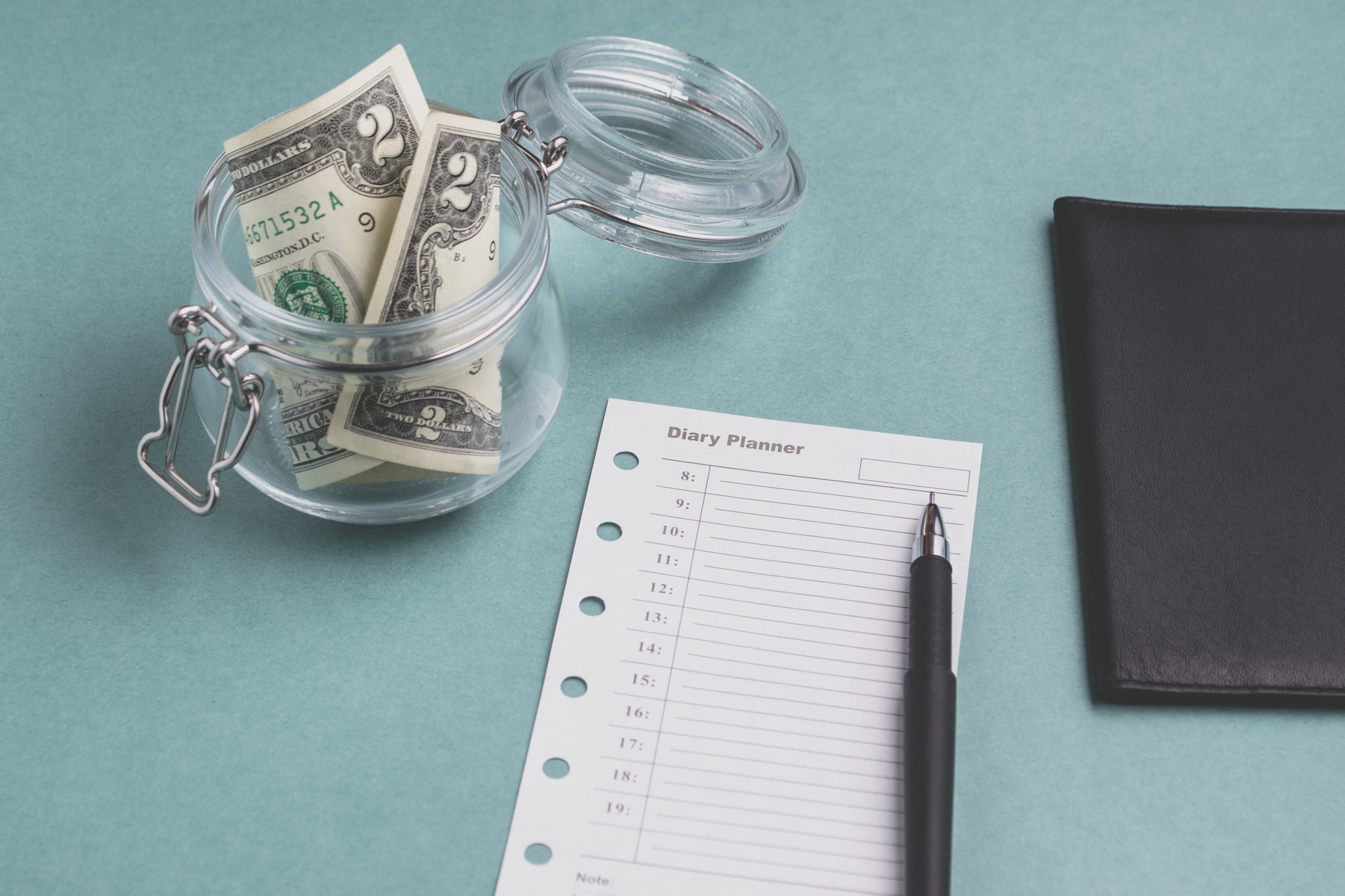Sometimes, the difference between credit card debt and a healthy savings account is a daily habit. Small expenses add up quickly and can sink your personal finances.
A perfect example is your must-have Starbucks coffee each morning. Did you know that 41% of millennials spend more money on coffee than they contribute to retirement savings?
Think about the impact of a $5 coffee on your daily budget. Over a 30-day month, you could spend over $150 on coffee.
This is just one example of a small, daily expense adding up. Other people spend considerable money on cigarettes, alcohol, and tolls.
A daily budget is critical to identifying what you spend money on. Read on to learn how to craft a budget and stick to it.
Determine How Much Money You Have to Spend
The first step to establishing a daily budget is determining how much money you have to spend. Visit a pay stub generator and find out what your monthly income is.
The next step is to subtract all of your monthly bills like rent, car payments, and utilities. You should also deduct transportation and grocery expenses. The remainder is your disposable income.
Lastly, divide your disposal income by 31 days to determine how much you have to spend each day. This funding amount is used for daily expenses like lunch or happy hour drinks.
Track Your Expenses
This is the most important step to following a daily budget. If you are a cash user, the easiest way to track your expenses is by saving receipts.
When you return home each night, record your receipts in a chart or spreadsheet. Some people break down the expenses into food and entertainment.
Credit card users can track spending through online apps or billing statements. A number of credit card companies offer tracking programs that categorize charges for you.
Cut Out the Fat of Your Daily Budget
Once you start tracking daily expenses, you will find out where the excess spending takes place. Each person has a different vice that they indulge in.
For some, it is expensive lattes, while others spend too much money on alcohol. Learning about your habitual spending is the best way to determine what you can live without.
Don’t Forget to Save
Once you get ahold of your spending habits, it is time to put aside money for savings. When you get paid, a certain amount of money should be allocated to multiple savings accounts.
The most important thing to save for is retirement. If your company offers a 401(k) plan with matching contributions, you should take advantage to the maximum extent possible.
In addition, money should be saved in a rainy day fund for unexpected expenses like health care or a car repair.
Wrapping It Up
Tracking daily expenses is a revealing experience. You are likely to discover spending habits that surprise you.
Most consumers are taken aback by how much they spend each month on items like commuter tolls and lunch. Actions such as taking a toll-free route or bagging your lunch could save thousands per year.
If you enjoyed this article, check out our blog for other great pieces on self-improvement and life advice.
